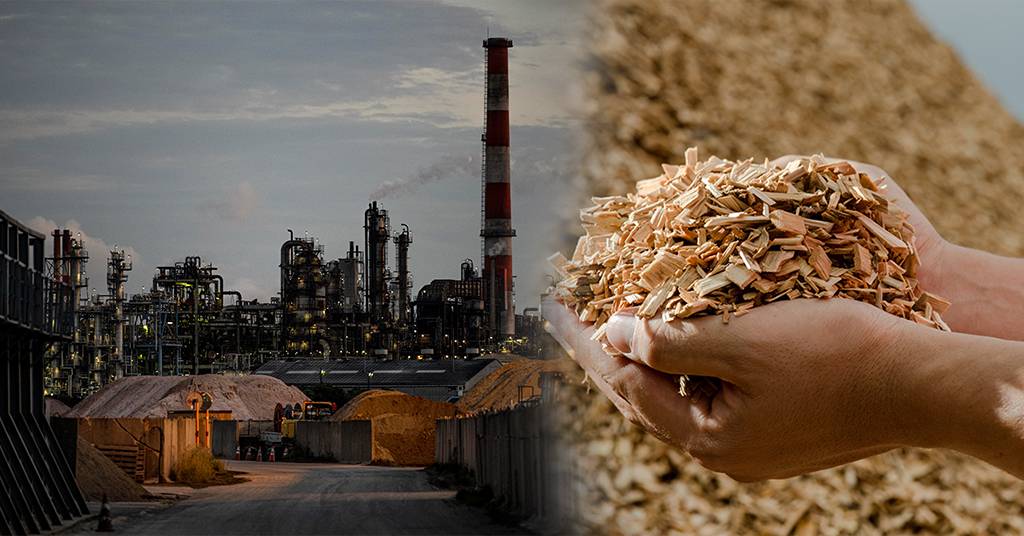Welcome To ChemAnalyst

Global fuel suppliers have been forced to adopt lengthier and more expensive shipping routes, that result in increased Carbon emissions, in order to transport their Diesel and other products. This comes as Western limitations on Russian shipments have upended global energy shipping routes. The European Union's embargo on Russian fuel, enforced since February 5, has prompted tanker ships carrying refined oil products like gasoline, Diesel, and jet fuel to travel between 16 and 18 days to transport Russian goods to Brazil, or ferry U.S. cargo to Europe. Two sources in the shipping industry provided this information.
A broker from a leading shipbroking company and a charterer engaged in the Russian trade of Naphtha, an essential component in plastics and petrochemicals, have reported that the shipping duration for vessels from Russia to Europe has risen from four to six days. The reason behind this delay is the recent ban imposed on the Russian trade of Naphtha by the European Union. This ban adds to the previous halt placed in late 2020 on the sales of Russian crude to the bloc, as well as the Western price caps.
Ever since the ban was enforced, the Clean Tanker Index released by the Baltic Exchange has witnessed a spike of over 100% in the average freight rates for shipping fuels such as gasoline and Diesel across various popular global routes. This shift in the shipping industry highlights the repercussions of the Western countries imposing sanctions on Russia due to its invasion of Ukraine, causing disruptions in fuel supply, creating a state of uncertainty, and raising prices which further intensify inflation concerns and economic downturn risks worldwide.
Amidst the loss of European business, Russia is now shipping fuel cargoes to faraway destinations like Brazil, Turkey, Nigeria, and Morocco. Meanwhile, Asia and the Middle East are seeing an increase in the import of fuels like Diesel by Europe. As a result, Asian cargoes are being redirected to Singapore for temporary storage, while Russian fuels are swiftly replacing them in Africa and the eastern Mediterranean. Following Russia's invasion of Ukraine, Naphtha cargoes previously shipped from Russian ports to Antwerp in just four days, must now wait 18 days for alternative supplies from the US.
As the European Union enforces a ban on the import of heavy Naphtha, the United States is emerging as a key supplier to the region. To ensure fair trade, the Group of Seven Nations, EU and Australia have set a price cap of $45 a barrel for Russian Naphtha and $100 for Diesel and gasoline for trades involving Western ships and insurance. Meanwhile, Brazil, which typically sources its Naphtha from the US, is turning towards Russia as the prices are more attractive. However, the voyage from Russia to Brazil can take over 18 days and at a cost of up to $7 million per trip, almost twice as much as shipping from the US. This information was provided by a ship charterer operating in the Russian market.
In the first three weeks of March, Brazil imported a significant amount of Diesel and gasoil from Russia, totalling at around 240,000 tonnes. This accounts for 25% of Brazilian imports, reflecting a significant increase from Russia's 12% share in February, and less than 1% in the previous year. It's important to note that prior to this shift, Europe had been the primary market for Russia's refined product exports. Nonetheless, in just one month, a significant pivot has been observed towards Brazil.
As per the cargo miles measurements, there was a significant surge in the shipment of Russian oil products to Brazil in March. The figure rose to 3.07 billion MT-NM from the previously recorded 941 million MT-NM in November. Similarly, there was an increase in the shipment of oil products from Russia to Nigeria, which went from zero in November to 1.88 billion MT-NM in March.
Additionally, clean product cargoes delivered to Saudi Arabia saw a massive surge from 31 million MT-NM noted in November to 1.75 billion MT-NM in March. Furthermore, shipments to the United Arab Emirates also marked an increase to 4.43 billion MT-NM in March, up from 2.85 billion MT-NM in November.
There was a noteworthy surge in the export of pure commodities from Russia to Togo. This exponential rise began from zero in November and made a massive leap to an impressive 973 million MT-NM in March. On the other hand, from September to February, there was a significant increase in the import of oil products from Russia to Brazil. The figures went up from 73,300 metric tonnes to 284,000 metric tonnes during this period.
However, Russian exports to the Netherlands experienced a decline from 1.15 million tonnes in September to 238,200 tonnes in February. It's important to note that these longer distances have resulted in higher transportation costs for Russian products compared to typical shipments from Europe.
It is estimated that the freight rates for product tankers traveling from the UK/European continent to West Africa routes are currently at $55.77 per tonne. This rate applies to a standard load of 37,000 tonnes. In contrast, indicative rates for shipments from the Baltic ports in Russia to Nigeria are $174.24 per tonne, Morocco at $103.84, and Egypt being approximately $150.
As ships now travel longer distances, the resulting increase in mileage is likely leading to greater smokestack emissions. Pre-pandemic data suggests that a 10% rise in mileage for all tankers travelling to and from the European Economic Area could generate approximately 1.5 million tonnes of Carbon Dioxide emissions. This figure is equivalent to the yearly emissions produced by around 750,000 cars in Europe.
We use cookies to deliver the best possible experience on our website. To learn more, visit our Privacy Policy. By continuing to use this site or by closing this box, you consent to our use of cookies. More info.
